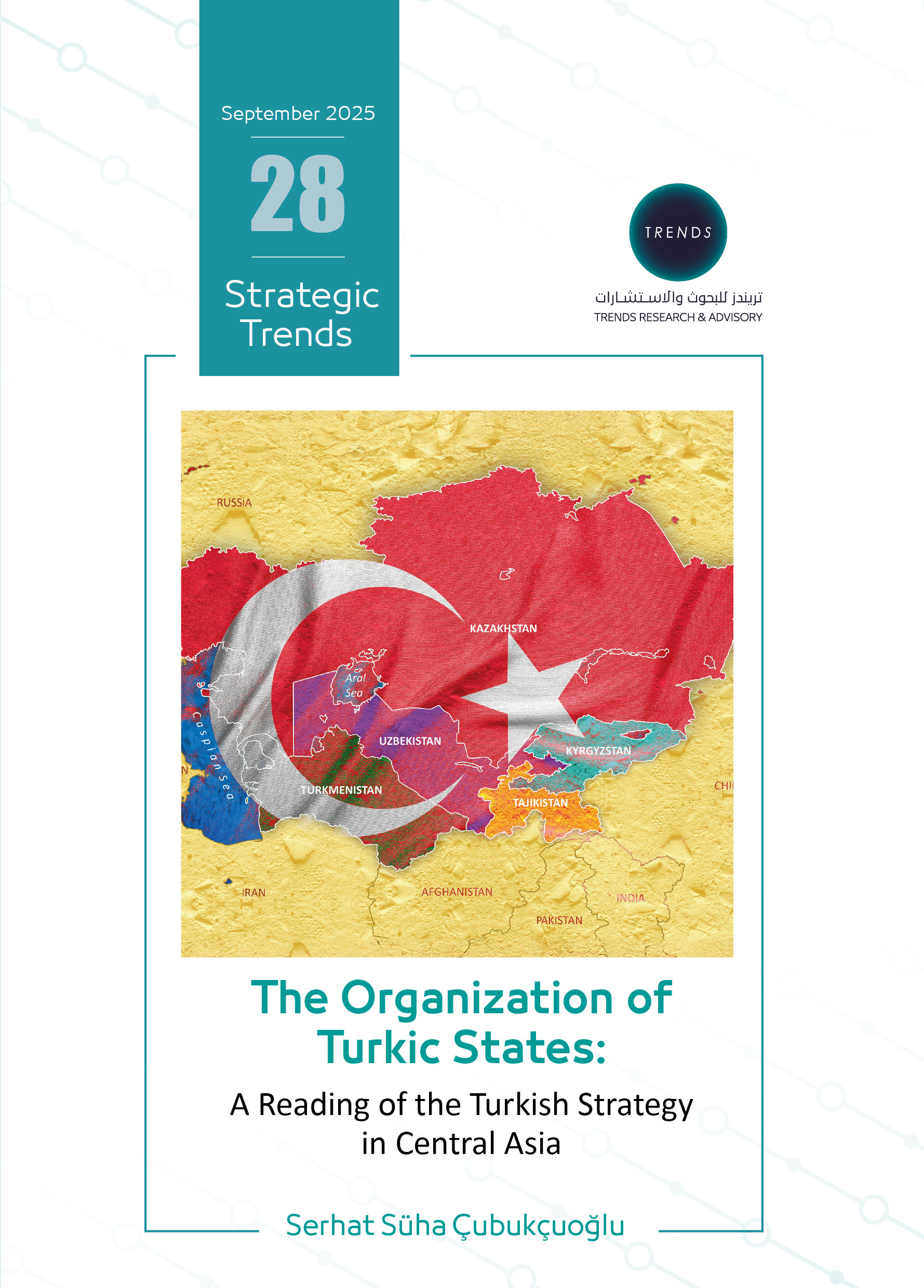On Thursday, October 3, 2024, the Organization of Turkic States (OTS), a key intergovernmental organization for the integration of the Turkic world, marked its 15th anniversary. Established in 2009 as the “Cooperation Council of Turkic-Speaking Countries” (Turkic Council), the OTS has grown into an umbrella organization uniting institutions and communities from Turkic-speaking nations—Azerbaijan, Kazakhstan, Kyrgyzstan, Türkiye, and Uzbekistan—under shared historical and cultural values to enhance political solidarity and advance economic cooperation. With a secretariat based in Istanbul, Türkiye, the OTS has expanded its influence, incorporating observer states such as Turkmenistan, Hungary, and the Turkish Republic of Northern Cyprus (TRNC), and fostering cooperation across diverse sectors including finance, education, and culture. During the 10th Anniversary Summit of the OTS in Kazakhstan, member states embraced the slogan “Turkic Era” and pledged to strengthen collaboration in defense and security.
The OTS has heightened in importance as the global economic center of gravity shifted from the Euro-Atlantic to the Asia-Pacific region over the past decade. In fact, the period of unchallenged U.S. global dominance alongside the rules-based liberal international order following the Soviet Union’s collapse in 1991 was more of an anomaly than a standard feature of international politics. The international system has historically experienced cyclical shifts marked by the rise and fall of hegemonic powers, operating in an inherently anarchic structure where states, driven by rational self-interest, navigate an unevenly distributed balance of power. The emergence of China as a global economic powerhouse, Russia’s assertive foreign policy, and the rise of alternative platforms of dialogue such as the OTS, BRICS, and the Shanghai Cooperation Organization (SCO) have challenged U.S. hegemony, leading to a more multipolar international system. This shift was formalized in the 2017 U.S. National Security Strategy (NSS) document, which recognized China and Russia as primary strategic competitors and declared a formal end to the 25-year era of U.S.-led globalization initiatives. Simultaneously, China advanced its own strategic agenda through an ambitious push for Eurasian connectivity like the Belt and Road Initiative (BRI), significantly increasing its economic and infrastructural footprint in Central Asia.




